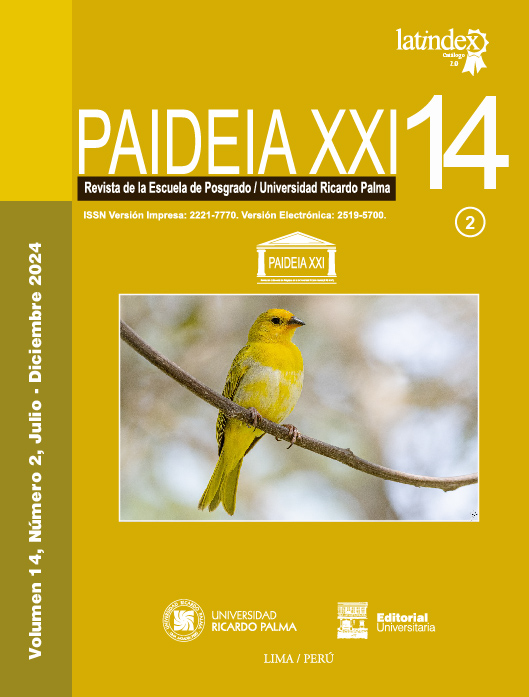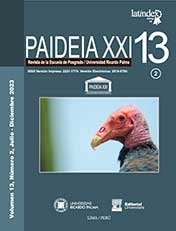The negative effects of linguistic ambiguity on profesional communication
DOI:
https://doi.org/10.31381/paideiaxxi.v14i2.6774Keywords:
communication, effect, linguistic ambiguity, message, professional, university studentsAbstract
Ambiguity in linguistic expression causes an alteration in the transmitted message, which has an unfavorable impact on the recipient's interpretation. It constitutes a fact observed in all contexts, including the professional one, such as that of the University of Medical Sciences of Villa Clara, Cuba. Hence, the objective of the work was to analyze the negative effects caused by this phenomenon in professional communication. Consequently, a descriptive and synchronous study was carried out, where theoretical methods - analysis-synthesis, induction-deduction - were used; empirical methods—observation and documentary review—as well as systematic exchange with professionals from that institution. The percentage analysis was used to process the information. The universe: 49 research projects, framed between 2018 and 2022. The sample: 25 documents (51%). Then, the recorded data was analyzed and reliable conclusions were reached. As a result, the recurrence of linguistic ambiguity was confirmed in the sample studied - 30 events -; expressions appear such as: “All actions are aimed at the advancement of the vertiginous patient in their usual environment”; “The importance of this work is reflected in the decreases in favorable diseases in the students of the Faculty.” In both cases, the messages were totally distorted: the vertiginous thing is not the patient, but the progress; in the second example, diseases are not favorable, but rather their decrease. Finally, the study represents a linguistic alert for scientific professionals, since ambiguous expression is not compatible with the scientific message, which is characterized by objectivity, certainty and clarity.












